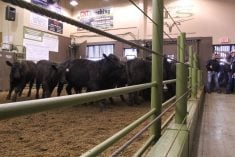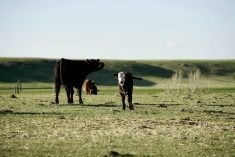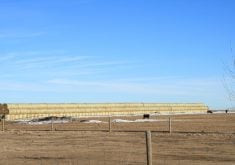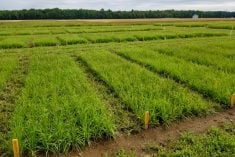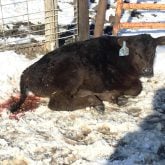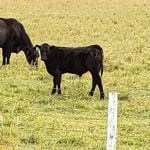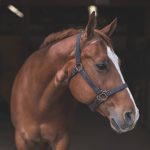Easing the discomfort and stress on calves during annual processing is just one element in the overall strategy of producing high quality, premium beef, under humane production practices at southern Alberta’s Diamond 7 Ranch.
For the past four years at branding, calves have been administered an oral dose of meloxicam, a non-steroidal, anti-inflammatory to help reduce pain related to branding. And brand-sites on the hide are also sprayed with a ranch-prepared lanolin and aloe vera lotion to further speed healing, says Laura Laing, Diamond 7 ranch manager.
“With cattle pasturing on an extensive summer grazing lease, branding remains a necessary part of our operation,” says Laing. “But at the same time we do everything possible to ease stress and discomfort and insure the well being of our cattle.”
Read Also
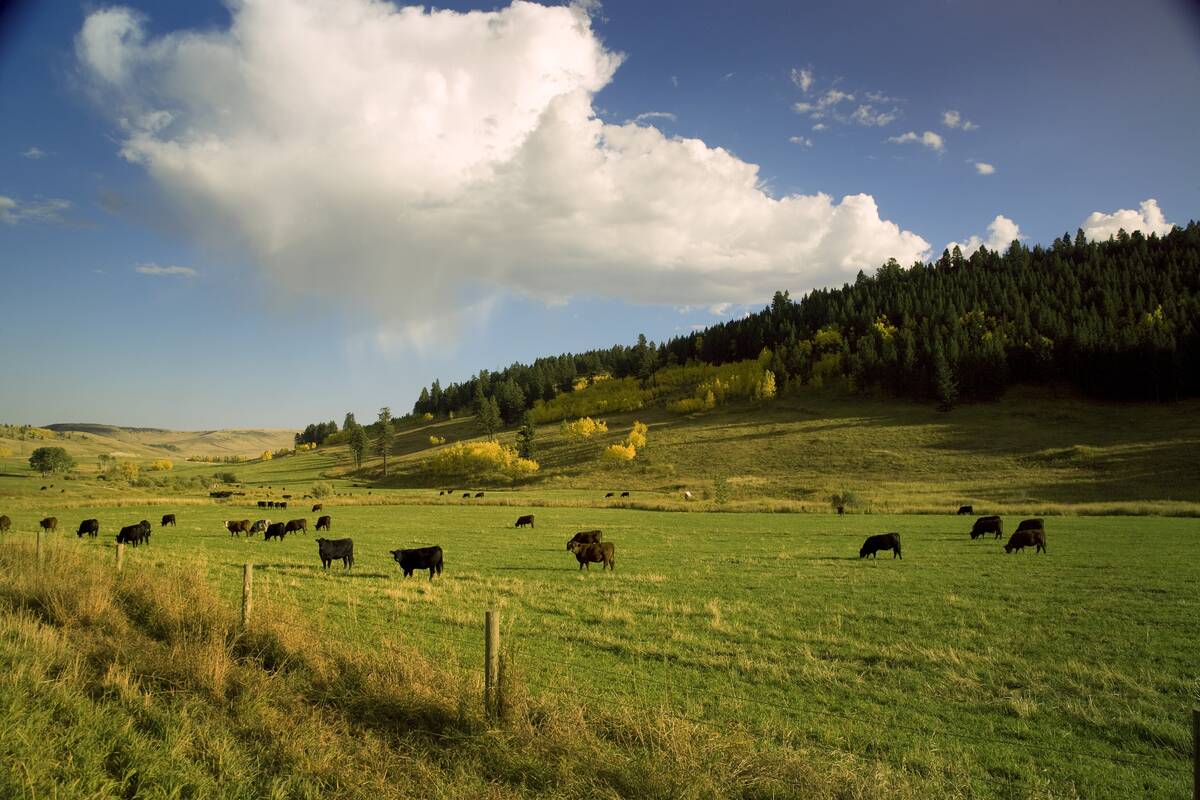
The Canadian Cattle Association’s international advocacy efforts
Global ag policies affect Canadian food policy, so the Canadian Cattle Association participates in international and domestic forums
Treatment with the anti-inflammatory is just part of the overall Animal Welfare Protocol, followed at Diamond 7 under the advice of ranch veterinarian Craig Dorin, with AgriHealth Services, based in Airdrie, Alta.
Reducing animal discomfort
“We are a commercial ranching operation producing beef for a specific market,” says Laing. “So it is important not only to produce a quality product, but also because it is our philosophy and the philosophy of our customers to produce a natural, and healthy animal under humane production practices. Whether it be a retailer or mixed quarter sales directly to customers, we have an intimate relationship with our customers, so it is important that we show them we are doing the best job possible.”
With each dose of the anti-inflammatory costing about $1 per head, Laing says it is an economical treatment that reduces discomfort in calves and minimizes setbacks in their growth.
“There is no clear measurement, but with the combination of the anti-inflammatory and the lotion, calves appear to have much less discomfort after branding,” says Laing. “Calves are bright and they are up and going and show few signs of pain. They are back with their mothers and out to pasture with minimal stress.”
The Diamond 7 Ranch, located just west of Cochrane, Alta. runs a 500 head commercial cow/calf herd. Predominantly Black Angus cows are bred to Black Angus bulls.
The herd calves out in April and May. All calves are tagged within the first 24 hours, and then left with their mothers until branding at about five weeks of age. Calves are raised free of growth hormones and receive no antibiotics, unless they need to be treated for medical reasons. Any treated calves are pulled from the premium beef program.
Low stress management
“As part of our low stress management we handle the cattle as little as possible,” says Laing. “All our herding and sorting is done traditionally on horseback, which is much quieter for and easier on the cattle.” Calves are only handled twice a year – at branding and again in the fall at weaning.
The low-stress management applies in all areas of their livestock management. No prods are used when cattle are handled, and handling facilities and chutes are designed for easy movement of cattle.
After grazing all summer on primarily native grass on lease land, calves are weaned in the fall. They are finished in rather unique program by a feeder near Strathmore, Alta.
“They are grass raised and do receive some grain as part of their finishing, but they aren’t pushed,” says Laing. “They are free-roaming on pasture and receive a grain supplement. It takes a bit longer to finish them, but again it is a much more natural system.”
From the Grainews website: Good food compliments great art
Building market relationships
Most of their finished cattle are marketed to Thompson’s Ranch at the Calgary Hyatt Regency hotel, although they do have some direct-to-customer mixed-quarter sales as well, and also supply premium ground beef to a city delicatessen.
“We’ve had a very good working relationship with the Hyatt over the past few years,” says Laing. “They want high quality, naturally raised beef, produced with good animal welfare practices. It is what the hotel management wants and it is what most of their clientele want. More people want to know where their food is raised and they want to know livestock are handled with proper and humane production practices.
“Our level of handling and our production protocols are important to us and they have also allowed us to partner with clients that have the same values,” says Laing. “We want to be a trail blazer in the industry and produce animals with care and compassion. We live what we believe, so our customers know we mean it, when we say it.”




